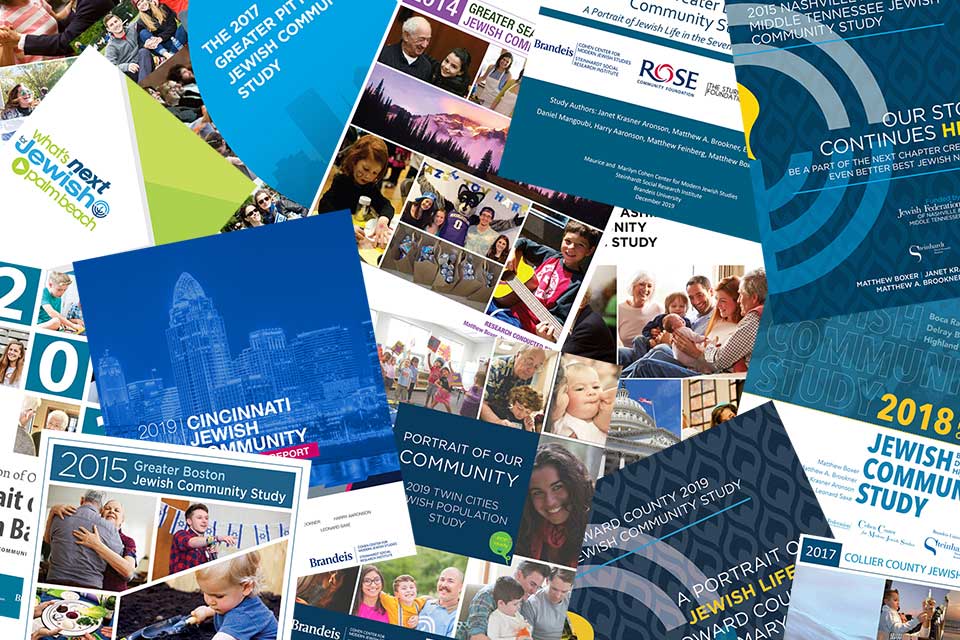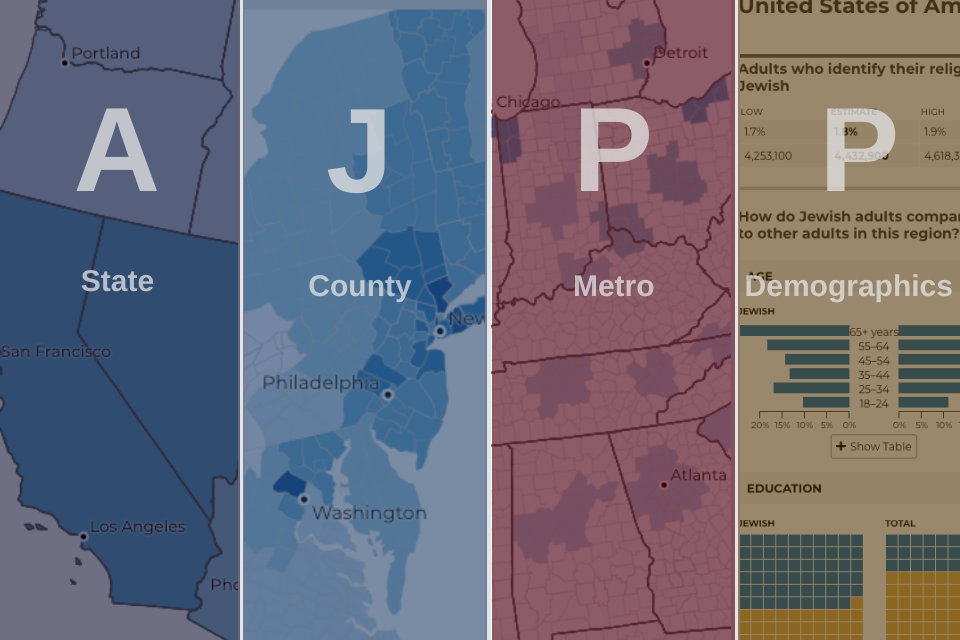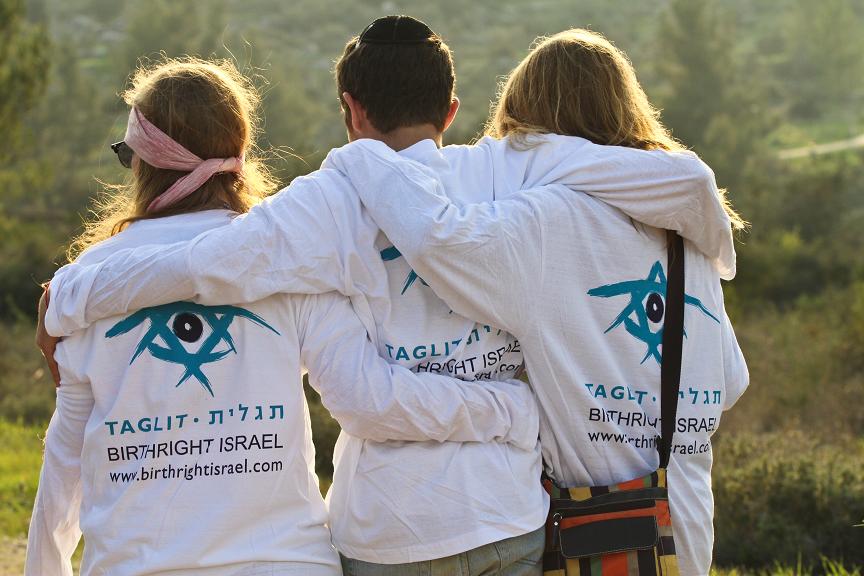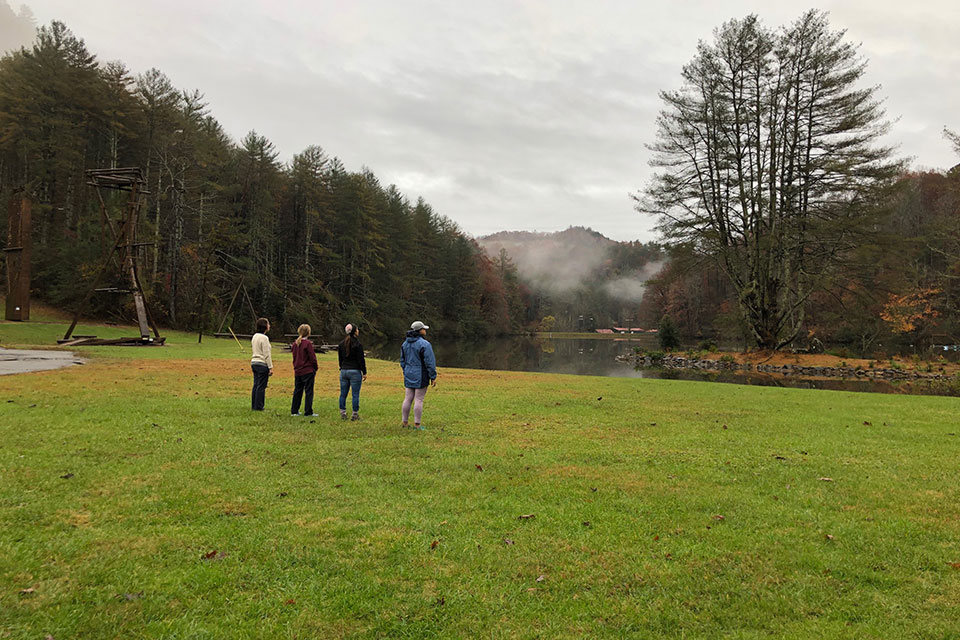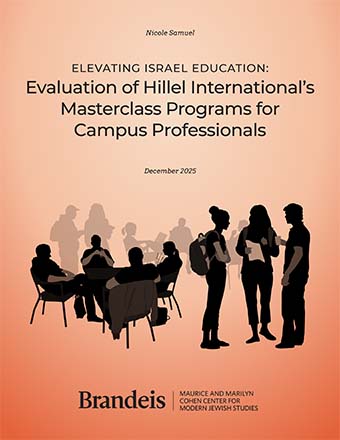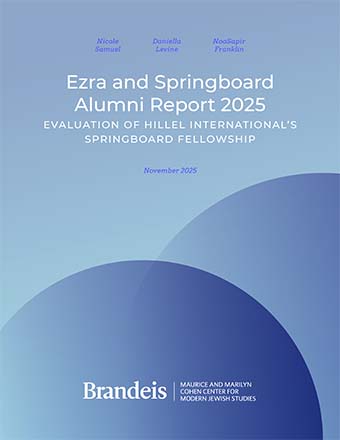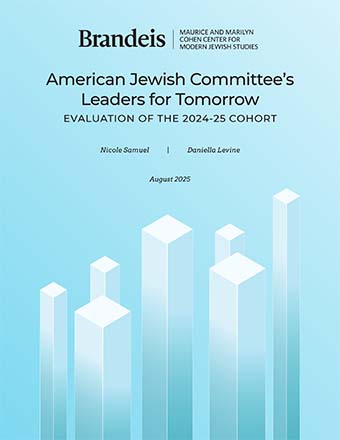December 2025
Masterclass: Israel (MCI) and Masterclass: Israel Xperience (MCIX) are initiatives of Hillel International’s Center for Jewish and Israel Education that aim to strengthen and improve campus professionals’ knowledge, skills, and confidence related to contemporary Israeli society and the Israeli-Palestinian conflict. Both MCI and MCIX are small cohort-based programs that emphasize teaching multiple perspectives and narratives about Israel and the Israeli-Palestinian conflict.
The report is based on findings from a multi-year, multi-method study of MCI and MCIX designed to assess change and growth over time in three core areas of professional learning: knowledge of contemporary Israel and the Israeli-Palestinian conflict, skills related to campus pluralism and educational pedagogy, and confidence engage in this work with students and colleagues. The study focuses on three cohorts of MCI: Cohort III (spring 2022), Cohort IV (spring 2023), and Cohort V (spring 2024), as well as one cohort of MCIX participants (August 2023).

